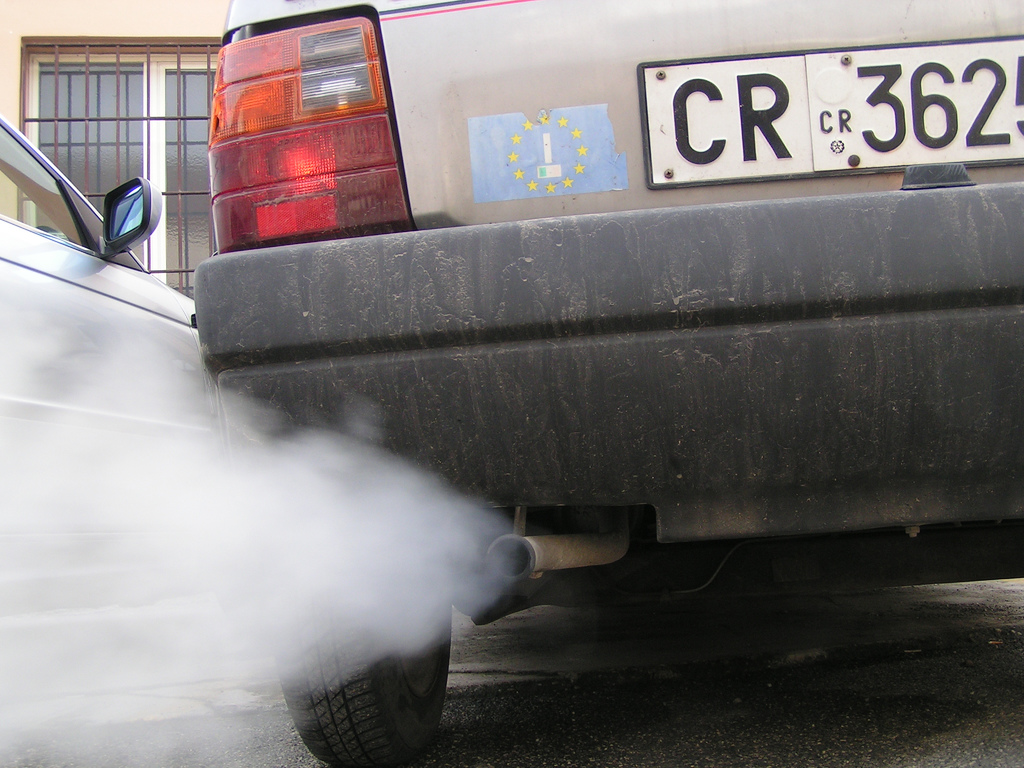The Department for Transport (DfT) has been accused of “going rogue” on climate change, side-lining climate considerations from its plans.
The accusation is included within a new report commissioned by environmental organisation Friends of the Earth, and features a raft of recommendations and institutional changes required to bring the Chris Grayling-led department “back on track”.
The report, entitled ‘Getting the Department for Transport on the right track’, was commissioned by Friends of the Earth and authored by both Lisa Hopkinson and Lynn Sloman from Transport for Quality of Life, a think tank conducting policy research on the transport sector.
It points to the Climate Change Act in particular, claiming that the legislation should ensure that all departments contribute towards the UK’s climate targets, before pointing the finger at DfT for pursuing projects including road building which stand to make emissions worse.
Instead, the department should establish a carbon budget to run parallel to its financial budget, and draw up a plan to demonstrate how it will cut carbon emissions covering aviation and shipping as well as road transport.
It also argues that no more money should be spent on road building initiatives unless DfT can show that the programme is consistent with the Climate Change Act, and suggests that Highways England be repurposed and told to cut traffic on its road network.
Mike Childs, head of science at Friends of the Earth, said that it appeared that the Department for Transport “isn’t just stuck in the slow lane, but has completely veered off course”.
“Transport is the single largest climate emitter in the UK – and this government’s obsession with road-building and backing for airport expansion is making things worse.
“The effects of climate breakdown, from wildfires, floods, and rising sea levels are already harming people right here in the UK. Unless the Department for Transport acts quickly to get back on track, we can add failing on climate change to Grayling’s disastrous legacy in charge,” he added.
Last summer the DfT unveiled its long-awaited ‘Road to Zero’ transport strategy, a policy document which included a raft of measures designed to transform the country’s low carbon transport sector. It placed significant importance on EV charging infrastructure, including commitments to continue the plug-in car grant and workplace charging scheme for the foreseeable future.
But the DfT was roundly criticised for enacting cuts to those support frameworks, reducing the category of vehicles it would incentivise the purchase of.






